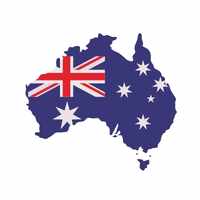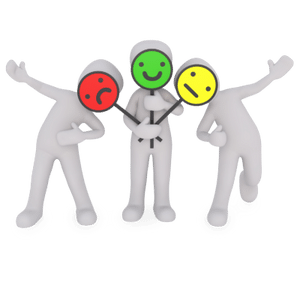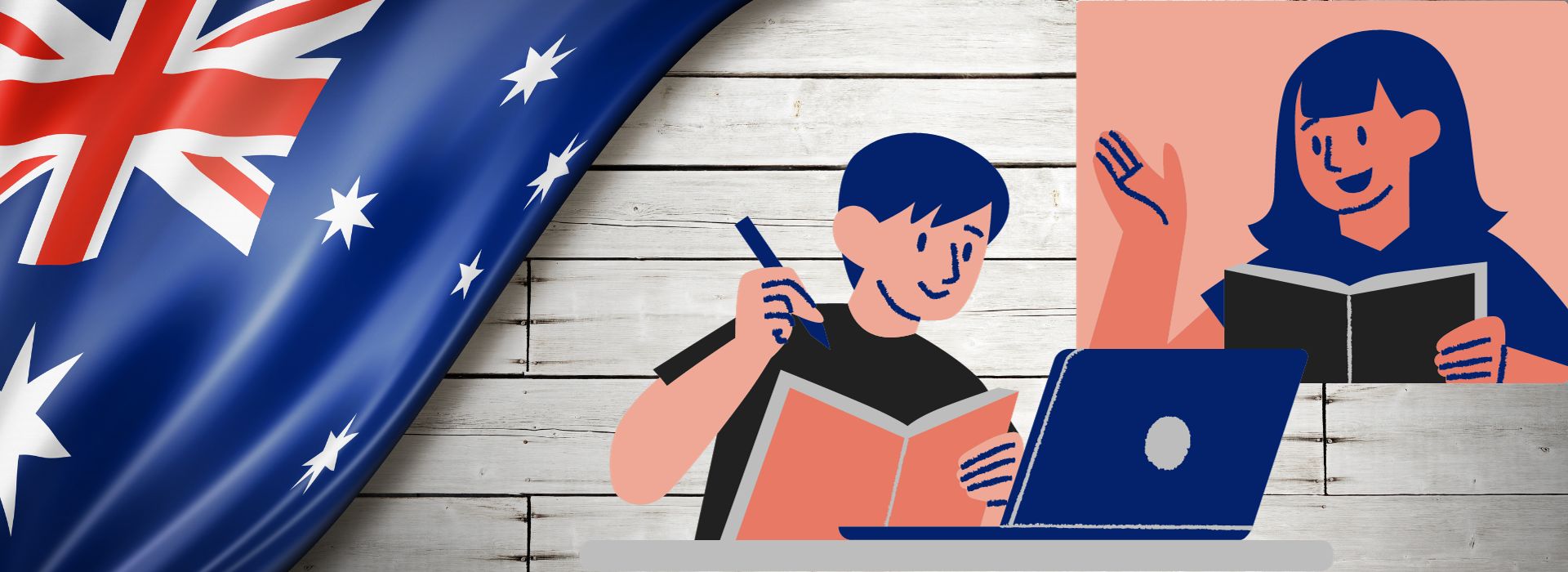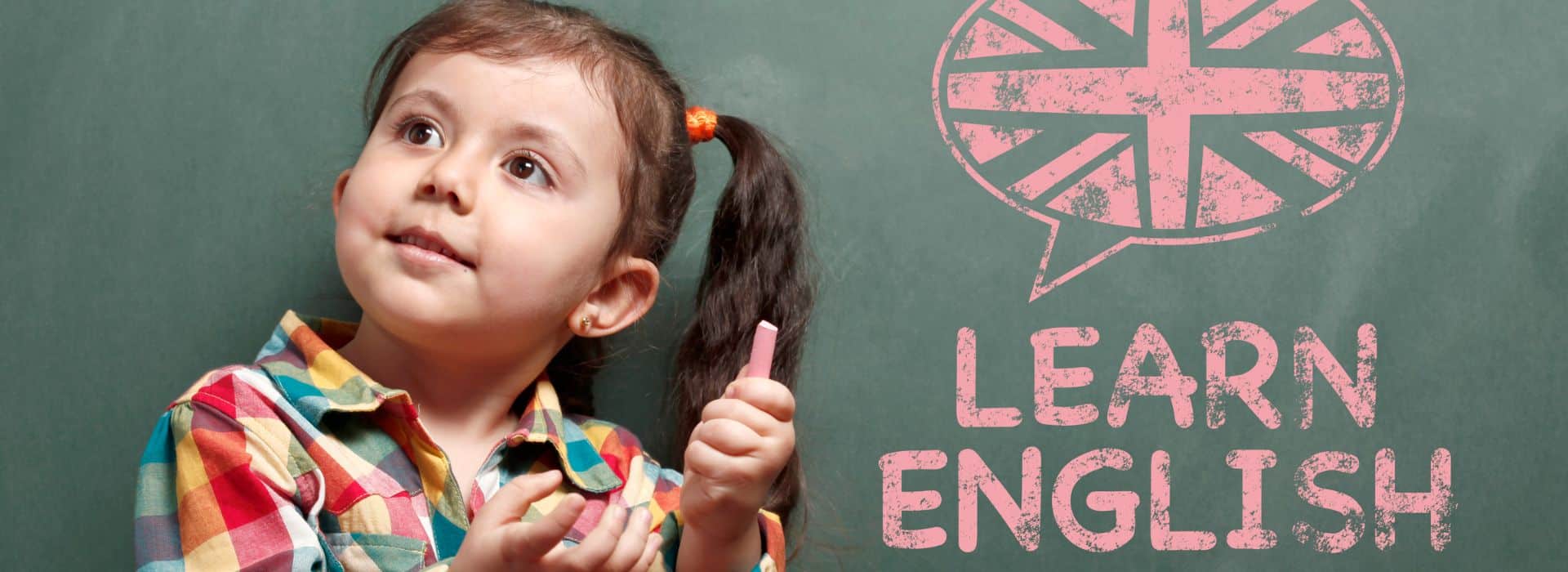
Your ultimate guide to essential slangs in Australia. Get a quick understanding of Aussie slang words and phrases and feel at home in the Oz land.
English can vary from country to country, region to region. Therefore, a non-native speaker should get used to new sounds and words and grasp English slang expressions and words. Let’s consider some Slangs in Australian Context.
What are slang words?
Slang words or phrases express something in a new way, a way you might not have heard before. Such terms are used by people from a particular country or region.
“He is very gutted after the incident,” means he is agitated in British slang.
“Pass that biccy” is the slang in Australia for pass the biscuit.
Why should I know the Slangs in Australia?
If a country has become a popular choice for higher education and work, it is Australia. And if you are considering moving to the Oz, familiarise yourself with the slangs in Australia. Slang words are crucial for Australians, and they use them frequently while communicating. Understanding and using the slang in the right way makes your English sound natural; also, you can communicate better with the natives and feel at ease in a new place. Also, Australians have a thriving slang words dictionary!
After all, the ubiquitous word ‘selfie” came from Australia!
Though these words can be peculiar for an outsider, you needn’t fret. We have created this blog to help you out.

What are common Australian phrases?
“Let’s go for a tinny, mate!”
Yup.. Such a sentence will leave you bewildered if you cannot understand the Aussie slang. Australians love to shorten words and create new ones. So read on to get familiar with Australia’s regular words and phrases. Many of these slangs in Australia have a social context.
Ace – great, excellent
A cold one – beer
Arvo – afternoon
Avo – avocado
Bail – to cancel plans
Barbie – barbecue
Bathers – swimwear/swimsuit
Beauty – great
Billabong – pond ion dry river bed
Billy – teapot over a fire during camping, in the open
Bogan – uncool person
Bloody – very
Biccy – biscuits
Coppers – police
Daks – trousers
Defo – definitely
Dunny – toilet
Fair Dinkum – true
Footy – Football (AFL / Aussie Rules)
G’day – hello
Going off – busy, lots of people
Good On Ya – good work
Have a blue – have a fight
Hard yakka – hard work
Lollies – sweets
Maccas – McDonalds
Mate – friend
Piss Off – an offensive way to tell someone to go away or get lost.
Outback – the interior of Australia. Even more remote than “the bush”
Rack Off – the less offensive way to tell someone to go away or get lost.
Rug up – dress warmly
Runners – trainers, Sneakers
Sanger – sandwich
Servo – service station / garage
Sunnies – sunglasses
Ta – thank you
Take a sickie – have a day off work
Thongs – flip flops
True Blue – genuinely Australian
Tucker – food
U -IE – to take a U -Turn when driving
Up yourself – Stuck up
Ya – You
Australian rhyming slang
A peculiarity of Aussie slang is that many of the meanings of the slangs in Australia rhyme with the word! If you wish to know why ..well, there is no sure shot answer to it. But as the words rhyme with their meanings, it is easy to understand and remember them.
| Slang Word | Meaning |
|---|---|
| After dark | the shark |
| Young and Old | cold |
| Zane Grey | pay |
| Adrian Quist | Oliver twist. : meaning drunk |
| Alger hiss | Leo Kiss: meaning to piss |
| Al Capone | phone |
| Sandshoe | Thank you |
| Bag of Fruit | suit |
| Blood Blister | sister |
| Johnny Hopper | copper |
| Knees | please |
| China Plate | mate |
| Dig in the grave, Dad’ n Dave | shave |
| Uncle Gus | bus |
| A loaf of bread | head |
| Herman Band | A great helping hand |
| Joe Baxi | taxi |
| Nail and Screws | news |
| Near and Far | bar |
| Oxford Scholar | dollar |
| Porkie Pie | lie |
| Pig’s ear | Beer |
| Tin tank | bank or Yank |
| Stuey Diver | Hard work |

Australian slang for money
You can gauge the Australian sense of humour by the kind of names and phrases they have created for various things, including money. Of course, many colloquial are from Britain, but Australians have crafted many slangs in Australia for money on their own.
Australian 5 dollar: It is a favourite for getting nicknames and has over ten names. These include fiver, fairy floss, skydiver. Since it is of pink colour, it is also called Prawn, Pink Lady, Pink Snapper, Piglet.
Australian 10 dollars: also called Blue Swimmer (yup, you are right, it is if blue colour), Blue Tongue, Blueberry Sorbet,
Australian 20 dollars: Lobster or Redback
Australian 50 dollars is called a pineapple.
Australian 100 dollars: goes by Jolly Green Giant’s names and Lime.
Several dollars: Dollorydoos
5 cents coin: Clunky Silver Echidna’

Slangs for emotions
And how can emotions not have their own set of unique names in the Slangs in Australia?! 🙂
| Slang Word | Meaning |
|---|---|
| Aggro | angry |
| Awks | awkward |
| Ad as a cut snake | crazy |
| Crikey | surprised |
| Devo | devastated |
| Full-on | intense |
| Jelly | jealous |
| Stunned mullet | shocked |
Australian social slang
Brekky: means breakfast. “Let us go for brekky tomorrow.”
Crack a cold one/Crack a tinny: having a beer. “Let’s crack a cold one after work today.”
Cuppa: a cup of tea or coffee. “Can I have a cuppa?”
I’m stuffed: you have eaten a lot, are full, or are tired. “I can’t eat another bite; I’m stuffed!”
It’s my shout/I’ll get this round: means the person will pay for drinks or meal. “Hey, don’t pay; it’s my shout.”
Dodgy: poor quality, unreliable or suspicious. “Let’s get out of this place; it looks dodgy.”
Full-on: means intense. “That match was full-on.”
Stop mucking around: means to stop wasting time. “We’re getting delayed; stop mucking around!”

Slang for Merry Christmas
Christmas is dear to Australians and is enjoyed with much fanfare and family gatherings. And just like every other aspect of Australian life, this festival too has its share of slangs in Australia.
| Slang Word | Meaning |
|---|---|
| Chrissie | Christmas |
| Chook | chicken |
| Done up like a Christmas tree | overly dressed in poor taste or gaudily dressed |
| Esky | an insulated cooler |
| Not know if it is Pitt Street or Christmas | being stupid |
| Rellies Run | journey to meet one’s friends and relatives around Christmas time |
| Stocking stuffer | an inexpensive gift used to fill the Christmas stocking |
| Beaut | wonderful or beautiful |
| Family snap | group photo or snapshot |
| All shoot through | to leave a place quickly |
| Washing up | washing the dishes after the meal |
Australian slang insults
Diving into the playful world of Australian slang, you’ll find that insults down under are as colorful as the slang itself. The Australian insults can just be as juicy as their other slang words. We cannot, of course, mention the vulgar ones here, but if you ever want to get back at an Aussie, you may use the following:
Bogan: is a commonly used word meaning unsophisticated, dumb. This one’s thrown around quite a bit to describe someone who’s a bit rough around the edges or not too sophisticated. Think of it as a friendly nudge rather than a sharp jab.
Bugger off/me: this one can be used in an affectionate or insulting manner. It’s all about the tone with this one. For example, you tell the person ‘to go to hell’. Or exclaiming, “I’d be damned!”
DADS: Short and sweet, DADS stands for ‘dumb as a dog.’ It’s cheeky and to the point, perfect for a laugh rather than an actual insult.
Derro: is a good substitute for ‘idiot.’ If ‘idiot’ seems too direct, ‘derro’ softens the blow. It’s a quirky substitute that’s bound to get a chuckle.
Fair suck of the sav: can be used when you are trying to tell someone to give you a fair chance. This phrase is your go-to when asking for a fair go or a chance to prove yourself. It’s about as Aussie as it gets!
Get stuffed: is another phrase for ‘get lost.’ Another way to tell someone to ‘get lost,’ but with a quirky Australian twist. It’s all in good fun, of course.
Bloody Oath: is pretty useful when trying to show support or agreement. Now, this isn’t an insult but a strong way to show agreement or support. It’s the Aussie version of saying, “Absolutely!”
Strewth: use this for those moments of surprise or exclamation. It’s a classic that never goes out of style.
Wombat is inspired by the same name animal; it means lazy. Inspired by the critter itself, this term suggests someone is being lazy. It’s more of a nudge to get moving than anything else.
Remember, Australian slang, including the insults, is all about context. It’s often more about the playful interaction and less about the words themselves. So next time you’re engaging with an Aussie, sprinkle in some of these terms and watch the conversation light up with laughter and good vibes.
Some Books on Slangs in Australia
A great way to get familiar with the rich Australian slang is to read about it. Many books are easily available, which is a significant investment.
- Australian Slang: A Dictionary Paperback –by David Tuffley
- The Penguin Book of Australian Slang – A Dinkum Guide To Oz English Paperback – by Lenie ‘Midge’ Johansen
- Aussie Slang: Great Australian Slang And Phrases Explained In Basic English by John Blackman
- Fair Dinkum! Aussie Slang :By: H. G. Nelson
- The Aussie Slang Dictionary by Frank Povah
- Aussie Slang Dictionary: 13th Edition Updated Bestseller – by Lolla Stewart
- The Strayan Dictionary by Dominic Knight
Other Common Aussie Slang Words and Sayings
We are almost at the end of rather a long post. Here are certain expressions to help you understand the Aussie culture and speak fluently.
See ya this arvo – See you this afternoon.
Dunny – toilet, bathroom – Where is the dunny, mate?
Earbashing – constant talking – My boss gave me an earbashing for coming late for work.
Fair dinkum – genuine, authentic – I am a fair dinkum Aussie
Heaps – a lot, lots – Thanks heaps for your recommendation.
Hooroo – Goodbye – Hooroo mate, see ya tomorrow
I reckon –I believe so- I reckon we will be late!
Hit the sack- Go to bed to sleep- I hit the sack late last night.
You must have kangaroos loose in the top paddock- You are crazy- feel free to make a sentence with this one!
Pull your head in- Stop trying to act smart- Pull your head in and finish the project!
Have a Captain Cook- A look, a brief inspection- The boss decided to have a captain cook at work today.
Dog’s breakfast– messy- the Children’s room was a dog’s breakfast.
Better than a ham sandwich. Better than a kick up the backside-Something that is better than nothing- This job is better than a ham sandwich.
Good luck!
Aussie Slang Adventure: Unravelling Down Under Lingo!
G’day! Welcome to our “Aussie Slang Adventure” quiz! Get ready to immerse yourself in the colourful world of Australian slang. From “G’day mate” to “Fair dinkum,”
Similar Blogs
Learning lessons, study tips, career guides and much more!
Australian English Curriculum: Access its Important Highlights and Understand its Features
Australian Curriculum: English is vital in the education system. An understanding of it will guarantee success in the subject for teachers, students and parents alike….
A, An, The articles in English grammar : What are they and how to use them.
English language learners and even native speakers get confused over using a, an and the articles in English grammar. You would be surprised to know…
Frequently Asked Questions
Some of the Aussie words that you should pick up are:
See ya this arvo: See you this afternoon
Beaut: wonderful or beautiful
I reckon –I believe so
Hit the sack- Go to bed to sleep
Billy means a metal container used to boil water, make tea, or cook over a fire.
Nope. Australians do not waste their time asking such lengthy questions. You can just say G’day. To pronounce it, you have to cut the “g” sound short and emphasise the “day.” It should sound similar to “daaey.”
Australians find the word ‘goodbye’ too dull, so they say Hooroo! So no one will judge you if you say ‘hooroo mate’ when saying goodbye.
Australians use it to mean something is excellent or of great quality.
Example: This Subaru is fair dinkum.
Thongs are what flip flops are called in Aussie land.
Yes! Do not use the word for the sake of fun. Bogan is used to signify that a person is uncultured, mannerless and unsophisticated. But then, many Aussies relate it to a way of life, an attitude. Just be sure you know the person you are referring to, do not get offended.
Australians love to create short forms, and ‘defo’ stands for ‘definitely.’ So you can say, “Aussie slang is defo amazin’, mate!”
You would not sound rude if you just made the ‘ta’ sound to thank someone. As said earlier, Aussies love their short forms, and they have got plenty of them.
Sure, bum isn’t a word we will just use in a sentence. But there is another meaning to it in the Australian slang. It also means a homeless person.
One of the most world-renowned Aussie words is Mate. If you are called a mate, you are a ‘friend.’
Australians have more than one slang word for ‘friend’. So if someone calls you a Cobber, don’t be perplexed. You are being called a friend.
Abbreviations run thick in Aussie blood. And they do wish to shorten the words. So Beaut is often used instead of beautiful.
Shiela might be the name of someone you know on another continent, but it means a woman on the island continent of Oz.
Guess the Australians were concerned about the city’s pollution levels. So they decided to refer to a city as the ‘Big Smoke.’
“How ya goin’?” Do not answer that question by naming a mode of transportation! It is the commonly used Aussie greeting. It means how are you or how are things going at your end.
Of course, the best way to speak Aussie slang is to use it with the people around you while you are in Australia. You will struggle with the pronunciation initially:
Skip the last letters: so trying becomes trying, what become wha… you get the idea.
Specific word endings change: like after becomes aftah, super changes to supah.
Change of ‘oo’ sound. Many words with ‘oo’ should be pronounced with an ‘ew’ sound. school- skewl, cool -kewl
Definitely! Knowing the slang will help you in communicating better. You can quickly move around and interact with the local population if you know the Aussie slang. People will appreciate your effort to learn their language and culture. If you are considering to Study in Australia, read our useful blogs here



